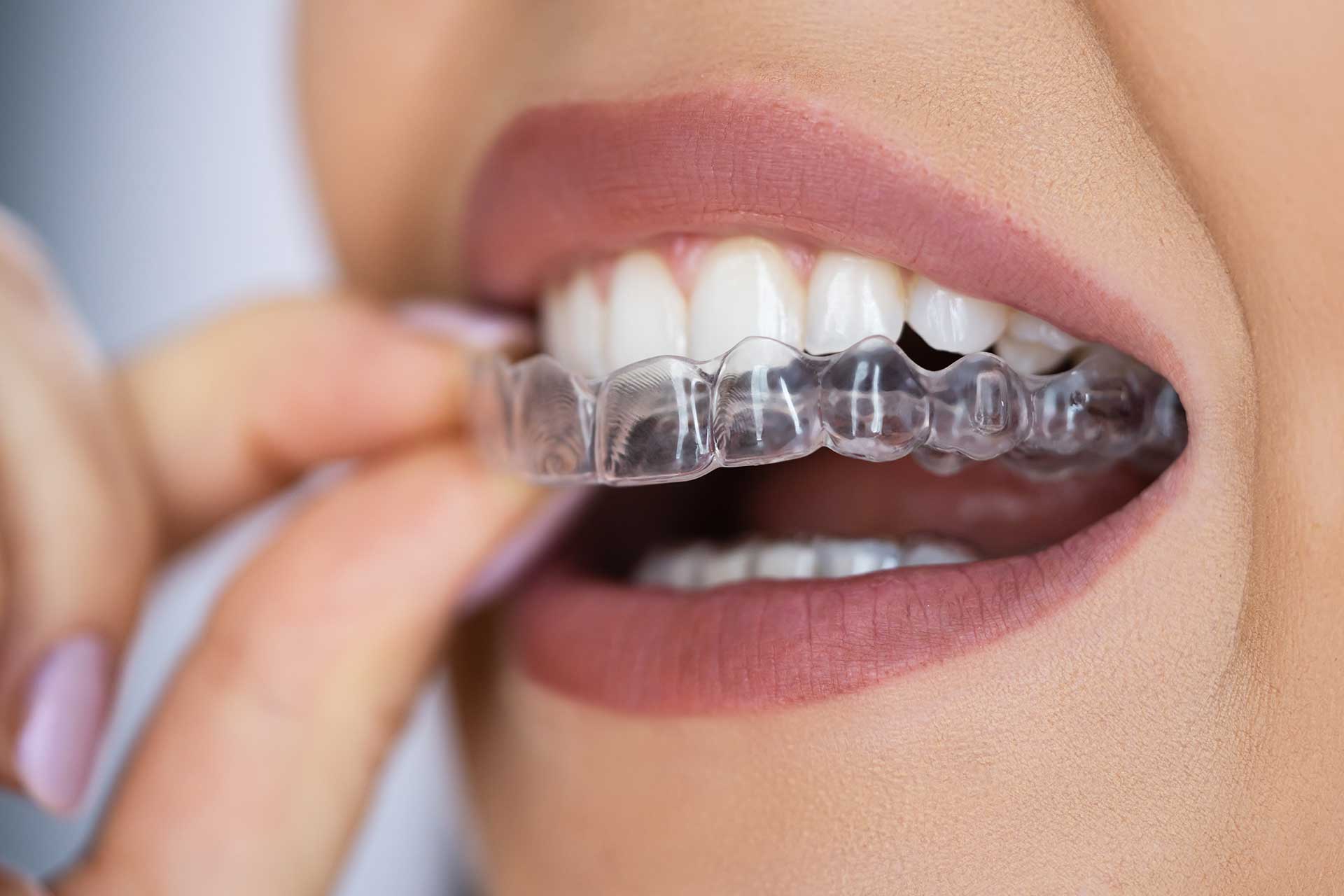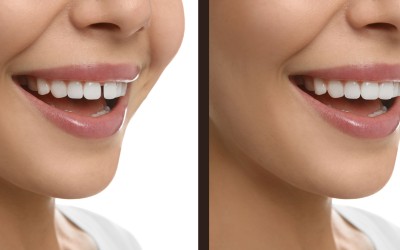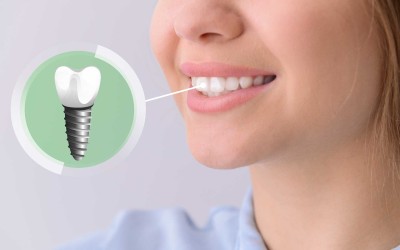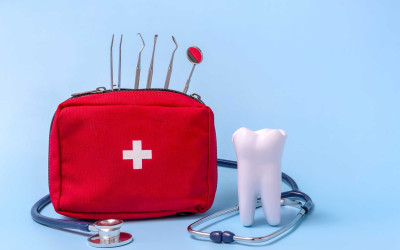How Effective Are Night Guards and Joint Splints in the Treatment of Bruxism?

How Effective Are Night Guards and Joint Splints in the Treatment of Bruxism?
- 3 September 2024
- 3129 views
Learn about the effects of night guards and joint splints used in bruxism treatment. Read more to discover their benefits!
This content is for informational purposes only and does not replace medical advice, diagnosis, or treatment. Please consult a healthcare professional for any health concerns.
Table of Contents
Bruxism, or teeth grinding and clenching, is a common issue that negatively affects many people's quality of life. Since this condition often occurs unnoticed during sleep, individuals may wake up with symptoms such as jaw pain, headaches, or tooth sensitivity. One of the most commonly used methods in the treatment of bruxism is night guards and joint splints. But how effective are these treatments?
What is Bruxism?
Bruxism is the condition where a person unconsciously grinds or clenches their teeth. This usually occurs during sleep and can be associated with stress, anxiety, dental misalignments, sleep apnea, and some neurological disorders. In mild cases, bruxism may go unnoticed, but in severe cases, it can lead to tooth wear, jaw joint issues, and headaches.
What Are Night Guards?
Night guards are one of the most commonly used treatments for bruxism. These are appliances made from hard or soft acrylic materials, custom-designed to fit the teeth. The purpose of these guards is to prevent teeth from coming into contact with each other during the night, thus reducing tooth wear and preventing excessive strain on the jaw muscles. Dentists create custom night guards based on the patient's dental structure, and these guards are typically worn on the upper or lower teeth.
What Are Joint Splints?
Joint splints are devices used in the treatment of temporomandibular joint (TMJ) disorders. The TMJ is the joint connecting the jawbone to the skull, and issues with this joint can cause symptoms such as jaw pain, headaches, and other facial pains. Joint splints help maintain the TMJ in the correct position, thereby reducing pressure on the joint.
Although joint splints are similar to night guards, they generally have a more complex and specialized design. These splints can be effective in treating both bruxism and TMJ disorders.
Effectiveness of Night Guards and Joint Splints in Treating Bruxism
Night guards and joint splints are commonly used in the treatment of bruxism, and most patients experience positive results from these treatments. Data from various studies provide insight into their effectiveness.
- Prevention of Tooth Wear: Tooth wear caused by bruxism can lead to serious damage over time. Night guards help prevent this wear by preventing tooth-to-tooth contact. Hard-material night guards are particularly effective in preventing tooth wear. Studies have shown that night guards play a significant role in protecting tooth surfaces and significantly reducing tooth wear.
- Relaxation of Jaw Muscles: Bruxism can lead to excessive strain on the jaw muscles, causing pain. Night guards help relax the jaw muscles and reduce excessive tension, which can decrease bruxism-related jaw pain and headaches. Joint splints also contribute by keeping the TMJ in the correct position, reducing pressure on the jaw muscles and helping alleviate pain.
- Management of Temporomandibular Joint (TMJ) Issues: Bruxism can lead to TMJ disorders, causing severe pain and discomfort. Joint splints assist in managing these issues by helping the TMJ function correctly. Research indicates that joint splints play an important role in managing TMJ disorders and associated pain, thus improving patients' quality of life.
- Improvement in Sleep Quality: Bruxism can negatively affect sleep quality. Teeth grinding or clenching during sleep can lead to sleep disruptions, resulting in fatigue and decreased energy levels. Night guards help prevent these disruptions, leading to more uninterrupted sleep and improved overall sleep quality.
Long-Term Effectiveness of Night Guards and Joint Splints
Research on the long-term effectiveness of night guards and joint splints generally shows that these treatments are safe and effective. However, bruxism can be a chronic condition. Therefore, regular dental check-ups and adjustments or replacements of the guards may be necessary during the treatment period. Achieving long-term results also requires addressing the underlying causes of bruxism.







